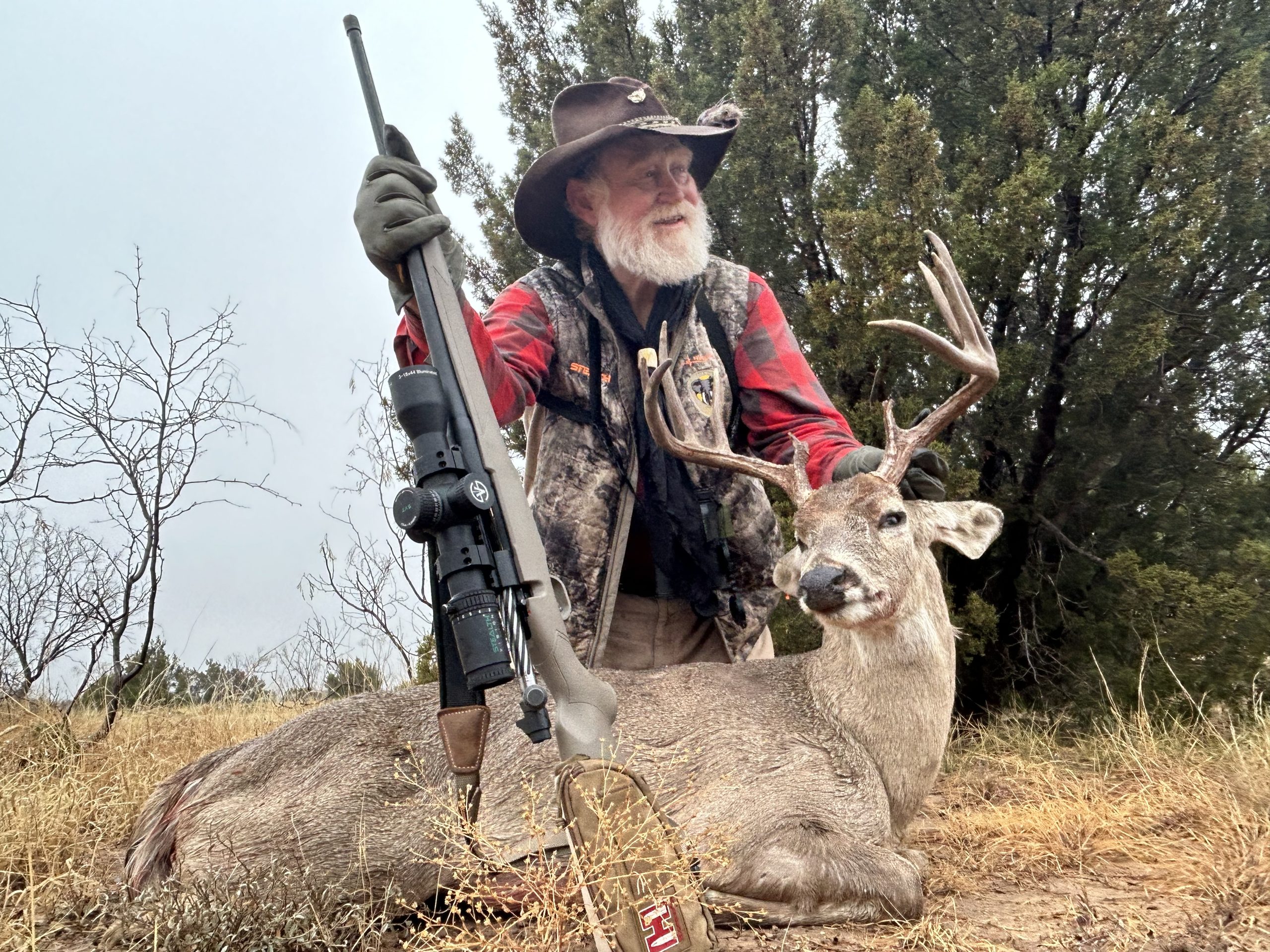On June 21, U.S. Rep. Vern Buchanan’s amendment to prevent funds from being used by USFWS to issue permits for the importation of elephant or lion trophies from Zimbabwe, Zambia or Tanzania passed in the House by a vote of 239 to 192.
As DSC’s DC voice Glenn LeMunyon describes the situation, “Floor action, where the Buchanan amendment passed, is only the third stop of eight along the way to the legislation becoming law. We will be working hard to defeat this measure in the Senate now that the bill has cleared the House. The Senate has yet to consider the 2020 Interior Appropriations legislation. It took an overwhelming majority of the House Democrats to pass this amendment – a luxury that the measure does not have in the Senate.”
As of press time, the bill has just been received in the Senate on July 8.
Rep. Buchanan announced the amendment on the House floor as part of HR 3055, the Appropriations Act for 2020. The departments and agencies funded in the bill include the Department of Commerce, Department of Justice, science-related agencies including the National Aeronautics and Space Administration (NASA), Department of Agriculture, Food and Drug Administration, Commodity Futures Trading Commission, Department of the Interior, Environmental Protection Agency, Forest Service, the military construction activities of the Department of Defense, Department of Veterans Affairs, the Department of Transportation, Department of Housing and Urban Development and several additional related and independent agencies. The bill also specifies restrictions and requirements for using funds provided by this and other appropriations Acts.
Buchanan is Co-Chair of Animal Protection Caucus. He received the “Legislative Leader” award from the Humane Society in 2018. In 2017, Buchanan urged President Trump to reject the Interior secretary’s decision to lift a ban on allowing African lion trophies to be brought into the United States.
Source: Congress.gov and Vern Buchanan’s Rep Page

Larry's Blog
Larry’s Blog: The Guns of Winter
With the closing of deer and other big game species seasons, it’s time to switch to wintertime pursuits. Where I live in Texas that means


